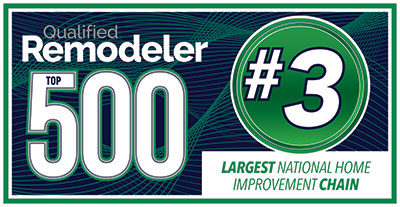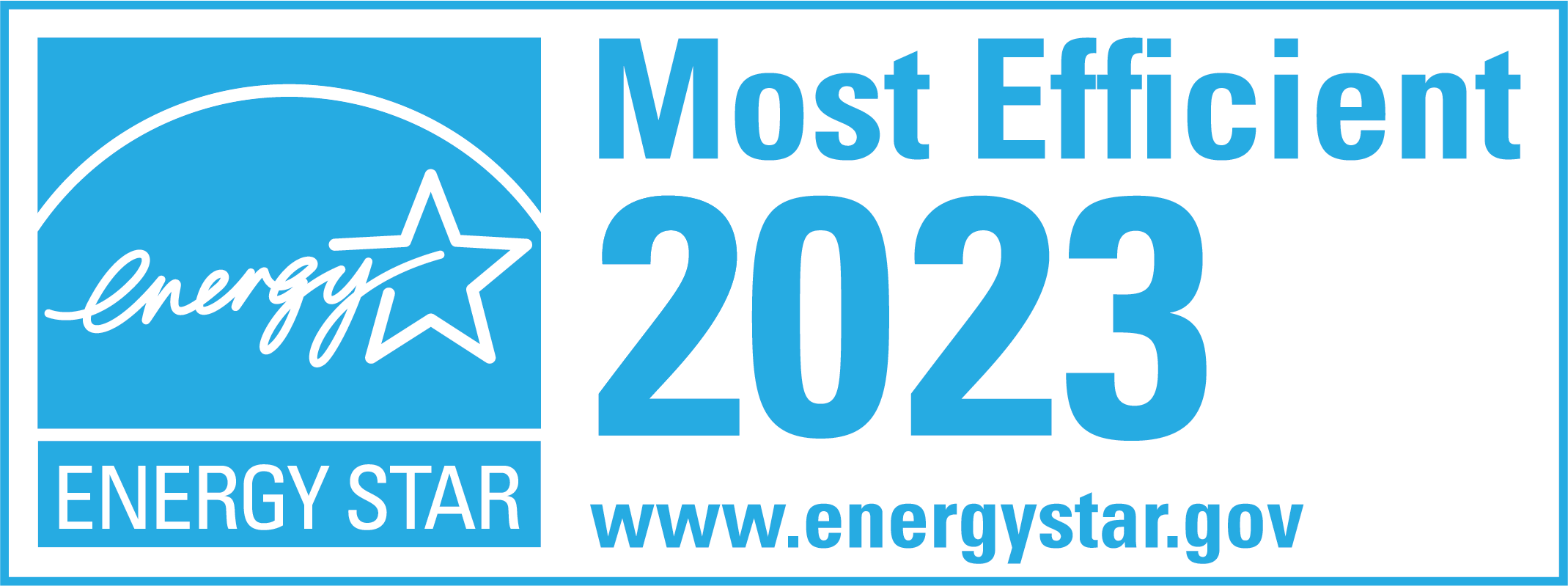Should You Buy Windows with Weep Holes?
Windows are an essential part of any home, providing natural light, ventilation, and views of the outdoors. When choosing the right windows for your needs, one important consideration is whether or not to buy windows with weep holes. This article explores what weep holes are, their purpose, the pros and cons of windows with weep holes, factors to consider when buying them, and alternatives, and ultimately helps you make an informed decision.
Understanding Weep Holes in Windows
Before diving into the decision-making process, it’s crucial to understand what weep holes are. Essentially, weep holes are small openings on some windows’ bottom frames. They are designed to allow water and condensation to drain out of the window system, preventing moisture buildup and potential damage.
What are Weep Holes?
Weep holes are small drainage openings that provide an escape route for excess water that may accumulate within the window frame. They are typically found in windows with double glazing or areas where water infiltration is a common concern, such as coastal regions.
The Purpose of Weep Holes in Windows
The main purpose of weep holes is to prevent water damage to the window frames and surrounding areas. Allowing water to drain away weep holes can help mitigate the risk of mold, deterioration, and rot. Additionally, they can enhance the overall performance and longevity of the window system.
When understanding the importance of weep holes, it’s essential to consider the various scenarios in which they play a vital role. For instance, water can seep into the window frame during heavy rainstorms, potentially causing damage if not properly drained. Weep holes act as a safety valve, allowing the water to escape and preventing potential harm.
Weep holes are even more critical in coastal regions, where the air is often humid and salt-laden. The salt in the air can accelerate the corrosion process, leading to premature deterioration of the window frames. By providing an outlet for water and condensation, weep holes help reduce the moisture content within the window system, minimizing the risk of corrosion and extending the lifespan of the windows.
Another aspect to consider is the prevention of mold growth. Excess moisture trapped within the window frame can create an ideal environment for mold to thrive. Mold not only poses health risks but can also cause structural damage to the window frames. Weep holes allow for proper ventilation and drainage, reducing the chances of mold growth and maintaining a healthy indoor environment.
Furthermore, weep holes contribute to the window system’s overall performance and energy efficiency. By preventing water buildup, they help maintain the integrity of the window seals, ensuring optimal insulation. This, in turn, helps regulate indoor temperatures, reducing the reliance on heating and cooling systems and potentially lowering energy costs.
It’s worth noting that not all windows have weep holes. Some modern window designs incorporate alternative methods to manage water drainage, such as integrated drainage systems or specialized window frames. However, weep holes remain common in many window systems, particularly those designed to withstand harsh weather conditions or areas prone to water infiltration.
Pros and Cons of Windows with Weep Holes
Windows with weep holes are popular among homeowners and builders due to their ability to effectively manage moisture and promote proper ventilation. Let’s look at windows with weep holes advantages and potential drawbacks.
Advantages of Weep Holes
One significant advantage of windows with weep holes is their ability to prevent moisture buildup. When water infiltrates the window frame, weep holes provide an escape route for the water to drain out. These openings reduce the risk of water damage, mold growth, and pest infestations by allowing water to drain out.
In addition to moisture management, weep holes also help regulate the internal temperature of a building. They promote proper ventilation by facilitating airflow, which is crucial for maintaining a healthy indoor environment. Proper ventilation helps prevent the buildup of stale air, odors, and harmful pollutants. It also helps control humidity levels and reduces the likelihood of condensation on windows.
Potential Drawbacks of Weep Holes
Despite their benefits, windows with weep holes may have some drawbacks that need to be considered. One potential concern is the risk of water infiltration during heavy rain or storms. While weep holes are designed to drain water out, excessive water exposure can still occur in severe weather conditions. It is important to ensure that weep holes are properly cleaned and maintained to minimize the risk of water infiltration.
Another consideration is the maintenance required for weep holes. Over time, debris such as dirt, leaves, and insects can accumulate in the weep holes, potentially causing blockages. Regular cleaning and maintenance ensure the weep holes remain clear and functional. This may involve using a small brush or compressed air to remove obstructions.
Factors to Consider When Buying Windows with Weep Holes
When contemplating the purchase of windows with weep holes, various factors should be considered to ensure optimal performance and suitability for your specific needs.
Climate and Weather Conditions
Your area’s climate and weather conditions play a vital role in determining the necessity of weep holes. If you live in a region with high rainfall or high humidity, weep holes become more crucial to prevent water damage and maintain the integrity of your windows.
Window Location and Orientation
The location and orientation of your windows can also affect the need for weep holes. South-facing windows, for example, may receive more direct sunlight and heat, increasing the likelihood of condensation. Weep holes can help mitigate this issue by allowing moisture to escape.
Maintenance and Cleaning
Consider your willingness and ability to perform regular maintenance and cleaning on your windows. Weep holes require periodic attention to ensure they are clear of debris and function properly. If you prefer low-maintenance options, windows without weep holes or alternative ventilation options may be worth considering.
Alternatives to Windows with Weep Holes
If you are uncertain about investing in windows with weep holes, rest assured that alternative options are available to meet your specific needs.
Ventilation Options
Proper ventilation is essential for maintaining a healthy indoor environment. If weep holes are not appealing to you, alternative ventilation options such as window vents, exhaust fans, or mechanical ventilation systems can provide adequate airflow and moisture control.
Window Types Without Weep Holes
Windows without weep holes can still offer excellent performance and durability when designed and installed correctly. Consider exploring window types that rely on other methods for moisture management, such as gaskets and seals.
Making the Decision: Should You Buy Windows with Weep Holes?
Assessing Your Needs
Consider factors such as your climate, the risk of water damage in your area, and your desired level of maintenance. If you live in a region prone to heavy rainfall or have experienced water-related issues, windows with weep holes may be a wise investment. However, if you prefer a low-maintenance option or have alternative ventilation methods in place, windows without weep holes may be more suitable.
Consulting with Window Professionals
If you are unsure whether to buy windows with weep holes, consulting with window professionals can provide valuable insights and help you make an informed decision. They can assess your specific requirements, offer expert advice, and guide you toward the most appropriate window options for your home.
Buying windows with weep holes depends on your unique circumstances, preferences, and the protection you seek for your home. Consider the information in this article, weigh the pros and cons, and make an educated choice that meets your needs and ensures the long-term integrity of your windows and property.
Call us at 214-399-9592 to discuss window pricing and availability. Our replacement window services are limited to North Texas cities, from Irving and Dallas to Frisco and Rockwall.






